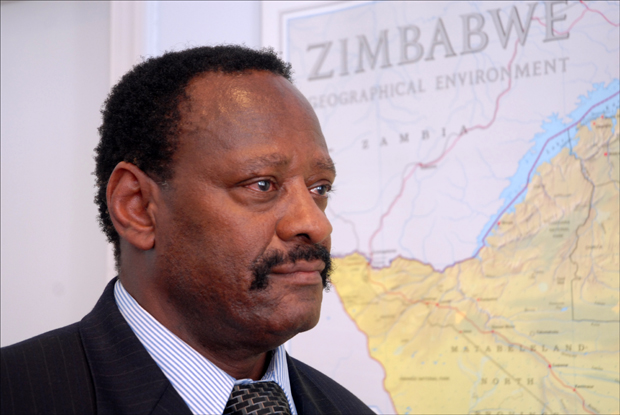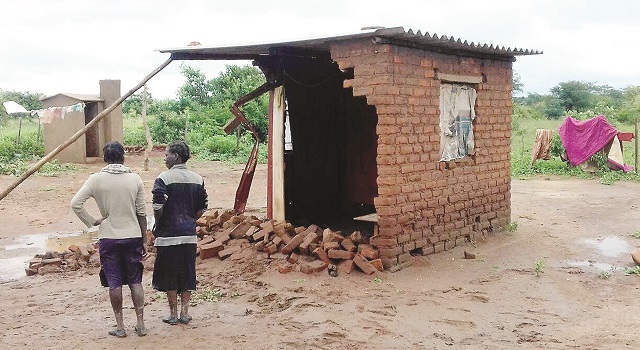Africa urged to invest more in science and technology

AFRICAN countries must seriously commit to funding science, technology and innovation (STI) for the continent to close its development gap with the rest of the world, a continental think tank has said.
In its latest report, the African Capacity Building Foundation (ACBF) said governments and the private sector in Africa should collaborate to put in place effective technological institutions that are a key bridge to addressing perennial poverty on the continent.
Titled the Africa Capacity Report, themed “Building capacity in science, technology and innovation for Africa’s transformation” the Harare-based continental think tank said countries with strong and effective STI systems invested up to 3,5 percent of their Gross Domestic Product (GDP) in research and development, a rate far higher than seen in Africa.
“To break the poverty cycle and rise above the low rankings on technological and innovation capabilities, African countries must strive to meet their one percent of GDP STI target and even set a more ambitious target of up to three percent of GDP in STI.”
The ACBF recommended a coordinated effort to identify critical skills required to push economic development in different countries by taking advantage of the African diaspora.
“The brain drain from Africa should be viewed not as a menace but as an opportunity to harness the skills and expertise of diaspora Africans,” it said.
It also encouraged investment in science, technology, engineering, and mathematics (STEM) education as a means to bridge the gap left by those who are now in the diaspora.
In a video message at the launch of the report, ACBF executive secretary Professor Emmanuel Nnadozie said African governments had shown their commitment to STI through its identification as a key enabler for attainment of Agenda2063 goals as well as adoption of the Science, Technology, and Innovation Strategy for Africa (STISA-2024).
“Notably, despite the growing emphasis on the importance of STI for Africa’s development, significant capacity bottlenecks still hinder countries from using STI in national development,” he said.
“Evidence suggests that African countries lack specific human and institutional capacities, critical technical skills, and resources to promote STI.”
Higher and Tertiary Education, Science and Technology Development permanent secretary Dr Machivenyika Mapuranga said implementation of ACBF recommendations would bring about inclusive development. “Building STI capacity is a positive step towards beneficiation and value addition of our resources, all meant for a better Africa,” he said while launching the report. — New Ziana











Comments